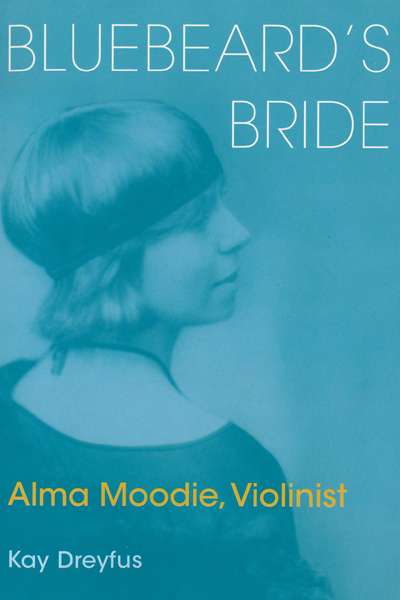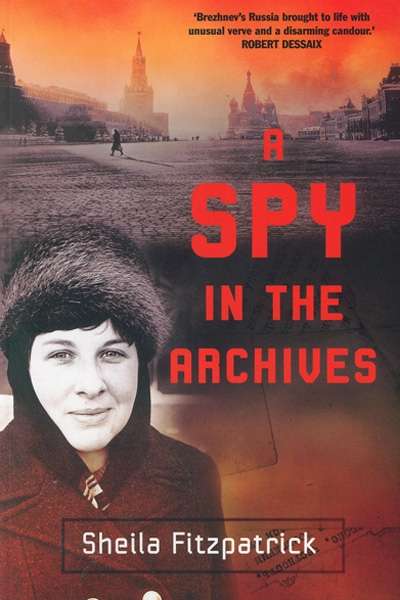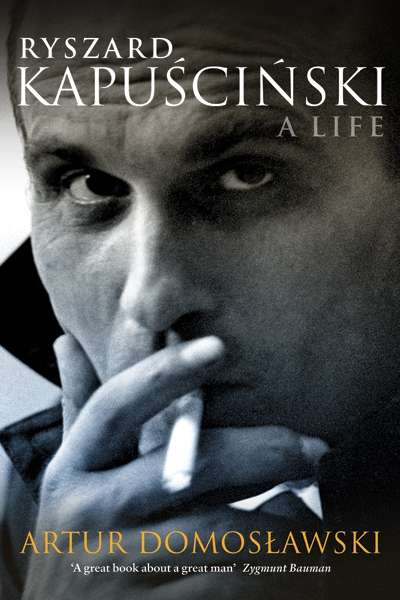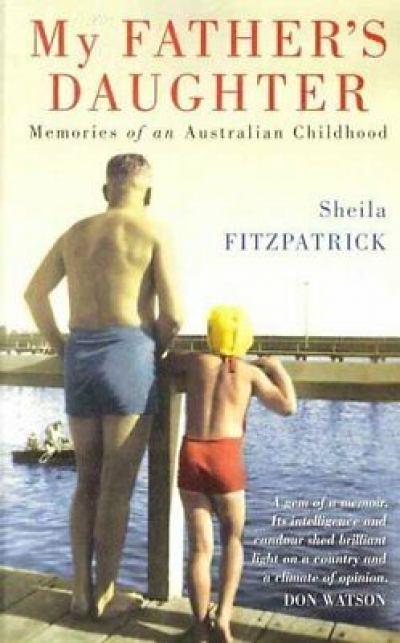Accessibility Tools
- Content scaling 100%
- Font size 100%
- Line height 100%
- Letter spacing 100%
Sheila Fitzpatrick
The ABR Podcast
Released every Thursday, the ABR podcast features our finest reviews, poetry, fiction, interviews, and commentary.
Subscribe via iTunes, Stitcher, Google, or Spotify, or search for ‘The ABR Podcast’ on your favourite podcast app.
‘Where is Nancy?’ Paradoxes in the pursuit of freedom
by Marilyn Lake
This week on The ABR Podcast, Marilyn Lake reviews The Art of Power: My story as America’s first woman Speaker of the House by Nancy Pelosi. The Art of Power, explains Lake, tells how Pelosi, ‘a mother of five and a housewife from California’, became the first woman Speaker of the United States House of Representatives. Marilyn Lake is a Professorial Fellow at the University of Melbourne. Listen to Marilyn Lake’s ‘Where is Nancy?’ Paradoxes in the pursuit of freedom’, published in the November issue of ABR.
Recent episodes:
A Spy among Friends: Kim Philby and the Great Betrayal by Ben Macintyre
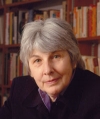 Sheila Fitzpatrick, a professor at the University of Sydney specialising in the history of modern Russia, is one of the world’s most influential Soviet historians. She is the author of two memoirs, My Father’s Daughter (2010) and A Spy ...
Sheila Fitzpatrick, a professor at the University of Sydney specialising in the history of modern Russia, is one of the world’s most influential Soviet historians. She is the author of two memoirs, My Father’s Daughter (2010) and A Spy ...
In My Mother's Hands: A disturbing memoir of family life by Biff Ward
In Iris Murdoch’s novel, The Sandcastle (1957), a young artist called Rain Carter is commissioned to paint a retired schoolmaster, Demoyte, an eccentric with an offbeat sense of humour. Instead of his usual attire – a shabby red velvet jacket with tobacco stains and bow tie – Demoyte turns up ...
... (read more)Bluebeard's Bride: Alma Moodie, Violinist by Kay Dreyfus
I like words, though making music is even better. Writing is almost as good as playing the violin.
... (read more)There’s no ASIO file on me, not even a mention in someone else’s file, according to my keyword search. It’s almost insulting, given that I spent several years in the Soviet Union in the late 1960s and later, as a Soviet historian in the United States in the Cold War 1970s, was suspected of being soft on communism. My father, the radical Australian historian Brian Fitzpatrick, had an ASIO file, of course. They even trailed him in the 1950s – or at least trailed someone they thought was him, a man of ‘repulsive appearance’ wearing a hat and an overcoat, neither of which he possessed. He would have been tickled both by the surveillance and the blunder. They had a file on my mother, Dorothy Fitzpatrick, too, although they got her middle name wrong. It wasn’t from her days of real left-wing activity in the 1930s, but from the 1950s, years that were among her most miserable and least political, when she was doing a teachers’ training course at Mercer House and then teaching at the Melbourne Church of England Girls’ Grammar School. To ASIO she was an also-ran to suspected communists of more dominant personality like Gwenda Lloyd; probably they included her mainly because of her marriage to Brian. ‘Same views as her husband’, one informant reported, which hardly does justice to a natural contrarian.
... (read more)



